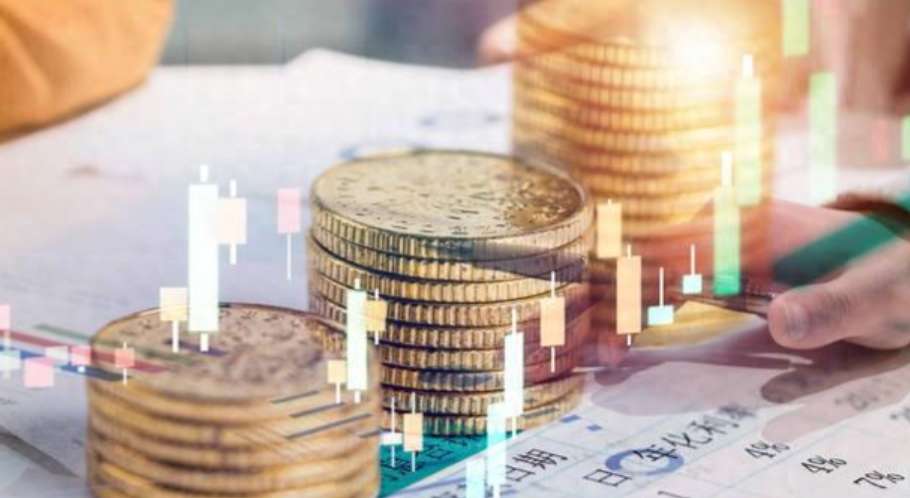As the semiconductor industry continues to evolve rapidly, Taiwan Semiconductor Manufacturing Company (TSMC) has captured the attention of investors worldwide, particularly after the announcement of its remarkably strong fourth-quarter earnings. On January 16, TSMC revealed a staggering net profit of approximately NT$374.7 billion, marking a year-on-year increase of 57%. Alongside this, its sales and operating profit soared by 39% and 64%, respectively. Analysts attribute this exceptional performance to the rapid growth in artificial intelligence spending and TSMC's crucial role as a primary supplier of chips for global technology giants like Apple and Nvidia.
Amid such impressive results, the disparity between TSMC's stock prices on the U.S. and Taiwan markets has sparked widespread interest. Under typical market conditions, one would expect the stock prices of the same company traded in different markets to converge. Any divergence would usually lead investors to engage in arbitrage, buying the cheaper stock while shorting the more expensive one to profit as prices realign. In the case of TSMC, as it stands, one might consider shorting TSMC's American Depositary Receipts (ADR) while purchasing its shares traded on the Taiwan Stock Exchange. Yet, contrary to expectations, the arbitrage gap has only widened, with the premium of TSMC's ADR rising to about 25% in January—a peak level not seen since 2009. For context, the average premium over the past decade has hovered around 6.4%.
As of the latest reporting, TSMC’s ADR trades at approximately $207 per share, while its local stock price is around NT$1,105. With an exchange rate of about 33 and a conversion ratio of 1:5 for TSMC’s ADR to its Taiwan-traded shares, the calculation for the premium comes to [($207 × 33 / 5) - NT$1,105] / NT$1,105 = 23.6%.

Analysts have speculated on the reasons behind this unprecedented gap. A significant factor appears to be the fervor surrounding artificial intelligence, which has positioned TSMC as a favoured choice among U.S. investors. These investors, however, often find it challenging to purchase the lower-priced Taiwanese shares directly.
This scenario poses considerable risks for hedge funds contemplating bets on the narrowing of this price differential. The lingering concern is that U.S. investors may continue to inflate the price of TSMC's ADR without regard to the already astonishing premium level.
Quincy Liu, chairman of Shin Kong Investment Trust, articulated the risk associated with this trading strategy, stating, “This trade is high risk because the premium may not necessarily close… Global investors have recognized TSMC's technological leadership and have reassessed its ADR with a higher valuation.”
As the leading supplier of chips for both Nvidia and Apple, TSMC remains a top pick among global stock investors in AI due to its advanced technology and relatively attractive valuation compared to its U.S. counterparts. Since the release of ChatGPT in 2022, TSMC's ADR price has surged by over 160%, in stark contrast to the under-120% increase of its Taipei stock price.
Additionally, TSMC’s ADR holds a unique position in the financial markets, exacerbating the premium phenomenon. This security not only attracts various active investors but is also incorporated into influential benchmark indices like the Philadelphia Semiconductor Index and several ETFs. For funds tracking these indices, it is crucial to purchase TSMC’s ADR to maintain a parallel relationship with the index, creating a passive influx of capital that boosts the ADR performance relative to its Taiwanese stock. According to compiled data from Bloomberg, while TSMC’s ADR accounts for merely one-fifth of its overall shares available, its average daily trading volume over the past three months has eclipsed that of its home-market shares by a factor of two, indicative of robust demand and activity in the U.S. equity market.
Will this premium persist? Analysts suggest that the long-term sustainability of TSMC's ADR premium is largely due to the ADR's convertibility (meaning TSMC's ADR can be exchanged for domestic shares under certain conditions), while the local shares require special regulatory approvals for conversion into American equivalents.
As of Monday’s close, short interest in TSMC's ADR stood at a modest 0.4% of float, a significant decrease from June’s 3.1%, underscoring the continued optimism amongst investors. Data compiled by Bloomberg indicates that over 90% of analysts currently endorse buying TSMC’s ADR.
Alex Au, managing director of Alphalex Capital Management, expressed that "In the past year, global investors have plowed substantial capital into the AI sector, and TSMC is a key player in this arena. The expanding base of American investors has further driven the premium upwards. Betting on a convergence to mean price is no longer a prudent strategy, especially as borrowing costs rise amidst such strong upward trends.”
In a similar vein, Joseph Lai, Chief Investment Officer at Sydney's OX Capital Management, noted, “In the medium term, the valuation premium could further expand.”